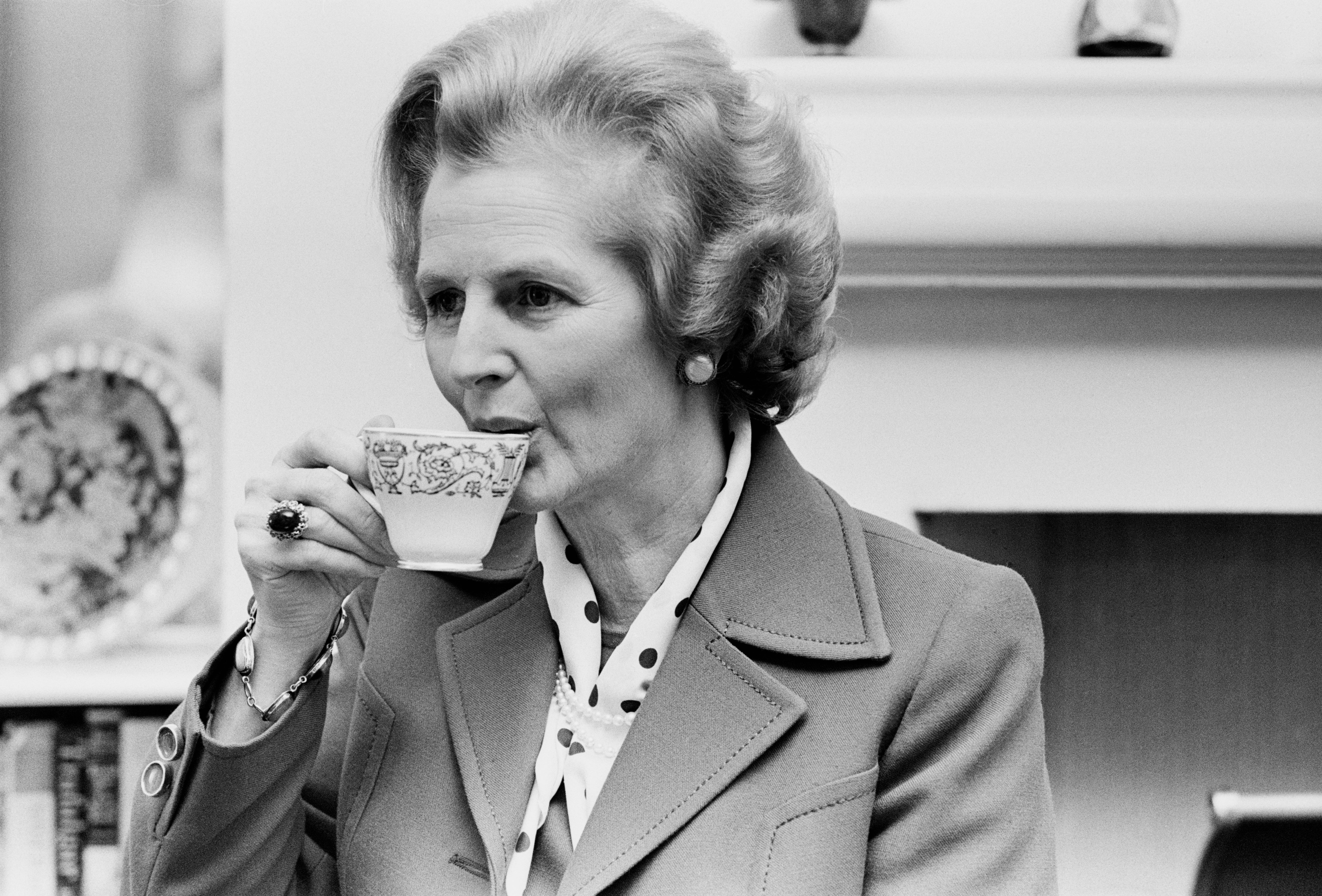Mummy Returns: The ghost of Margaret Thatcher still haunts British politics
Rishi Sunak invoked the memory of his predecessor to defend his policy on climate change: of course he did, writes John Rentoul, such is her iron grip on certain kinds of Tory…


Rishi Sunak’s claim to be a “Thatcherite” was one of the first things we knew about him. When he first broke into the big time – after Boris Johnson chose him to stand in for him at the prime minister’s lectern in TV debates in the 2019 election – it was one of those biographical facts about him that came up in every profile of someone suddenly marked out as a future Conservative leader.
He was an admirer of Margaret Thatcher as a sixth-former at Winchester College. At the time, Thatcher was the lodestar around which politics revolved. A big part of the secret of Tony Blair’s success in the 1997 election was that he claimed to represent the Thatcherite spirit better than John Major did. Rupert Murdoch and many of his editors and columnists certainly thought so.
Young Sunak did not. At the age of 17, he wrote an article for the school newspaper warning that Blair would try to take Britain into the “European superstate”.
So he was that sort of Thatcherite: one of those who trended towards fundamentalist Euroscepticism. She was moving in that direction in her later years – some Tories will never forget William Hague’s second Tory conference, when she unhelpfully declared: “In my lifetime all our problems have come from mainland Europe.”
Even more unhelpfully, however, she died before the 2016 EU referendum, thus creating a cottage industry in speculation about how she would have voted. As Professor Philip Cowley has pointed out, Remainers think she would have voted Remain, and Leavers think she would have voted Leave.
The “What Would Margaret Do?” question has continued to hold large parts of the Tory party in its grip, even now, 33 years after she was toppled.
Last year’s leadership contest between Liz Truss and Sunak was framed as a contest between rival versions of Thatcherism. Truss’s was quite wrong. Thatcher would have been horrified by the idea of unfunded tax cuts. Sunak’s was historically accurate, insisting that balancing the budget comes first. Yet, Truss won the lookalike competition after going so far as to wear something that looked like one of Thatcher’s outfits.
After the way Truss’s story ended, you might have thought it time to retire the Thatcher references. But no. The Mummy Returns. That was the title of a 2001 film that was seized on by headline writers when Thatcher made a rare public appearance at a Tory rally in the election that year, which Hague lost miserably.
Last week, Truss was back, brightly claiming to have been right all along, despite having been let down by the left-wing establishment that has ruled the country through 13 years of Tino (Tory In Name Only) government, and, incidentally, by the British people, who are more left-wing than she thinks they should be.
So it was only natural for Nick Robinson of the BBC, interviewing Sunak in the Thatcher Room in 10 Downing Street (the first-floor study where she liked to work), to ask what she would have made of his “slowing down” of net-zero policies, given that she was a climate-change pioneer.
Sunak denied that he was slowing down the drive towards net zero; he was making it more realistic. “I think Margaret Thatcher would have agreed,” he said, that it’s “not right to just assert a headline [and] chase the short-term popularity that that might give, without a clear and deliverable plan for how to get there”.
This is an even more tenuous version of alternative history than speculating how Thatcher would have voted in 2016, or how she would have handled the fiscal consequences of coronavirus. (Although we can be reasonably sure that she would never have allowed her chancellor to bring in a furlough scheme on anything like the scale of Sunak’s.)
It is true that Thatcher was the first world leader to recognise the threat of global warming. I remember the shock of her speech to Conservative activists in March 1990, five months after her historic speech to the UN General Assembly. It was surprising for two reasons. One was that she repeated her warning about climate change for a domestic audience; the other was that she misread the autocue, and spoke of “clear seas”, which she pronounced “clear sears”.
The climate change debate has changed out of all recognition since then and it is pointless to speculate what her position would be now, at the age of 97. But it is also fun, and anyone can join in. Personally, I think she would have had nothing to do with the New Labour innovation of putting targets in legislation, as if merely declaring an objective in an act of parliament would make it happen.
So I think Sunak is right to suggest that she would have been more rigorous about whether a target was the right one and how it would be achieved. I don’t think she would have agreed with Theresa May making net zero carbon by 2050 the official policy of the UK government – which is something that Sunak cannot say. Interestingly, it takes another former prime minister to hint at it: see Tony Blair’s recent comment that cutting the UK’s global warming emissions was not the most important part of the effort to restrain climate change.
But now we are straying into a different area of alternative history: “What Would Tony Do?” Perhaps it would be best simply to judge Sunak’s policies on their merits, rather than in relation to his predecessors – and rather than, in particular, invoking a controversial prime minister who died a decade ago.






Join our commenting forum
Join thought-provoking conversations, follow other Independent readers and see their replies
Comments